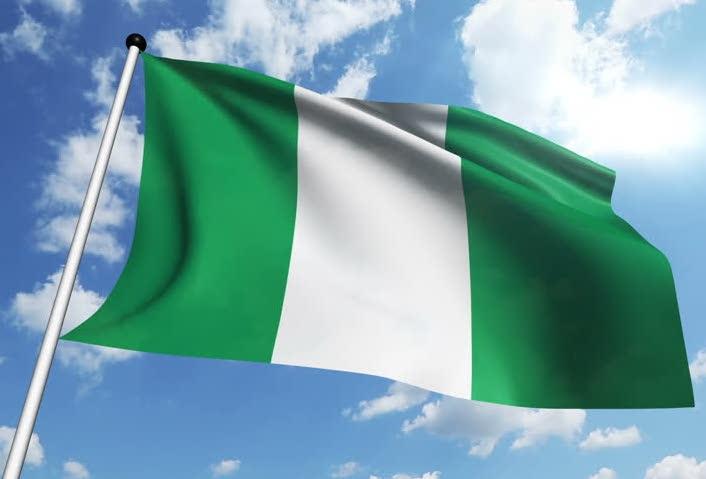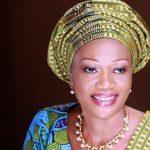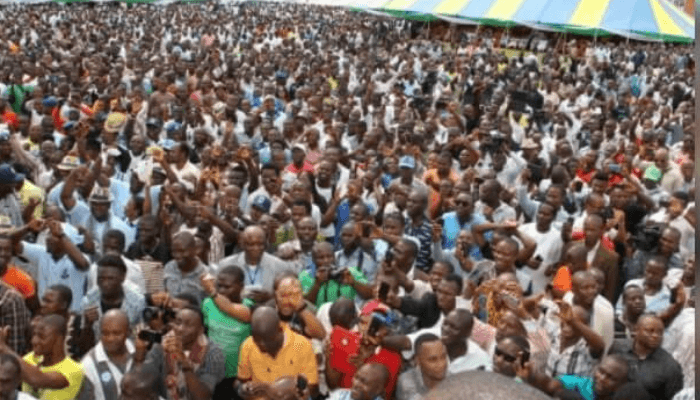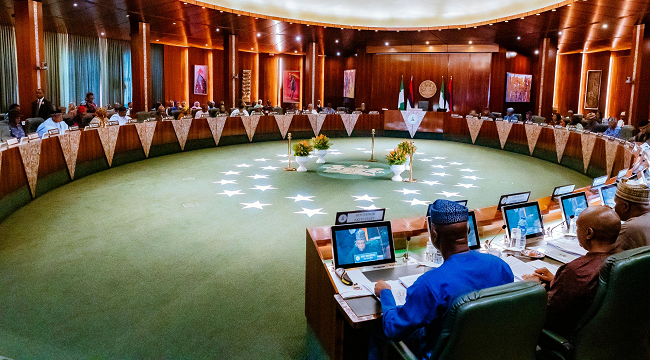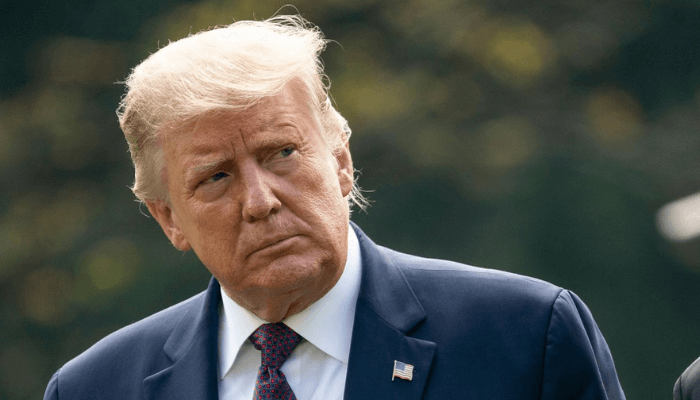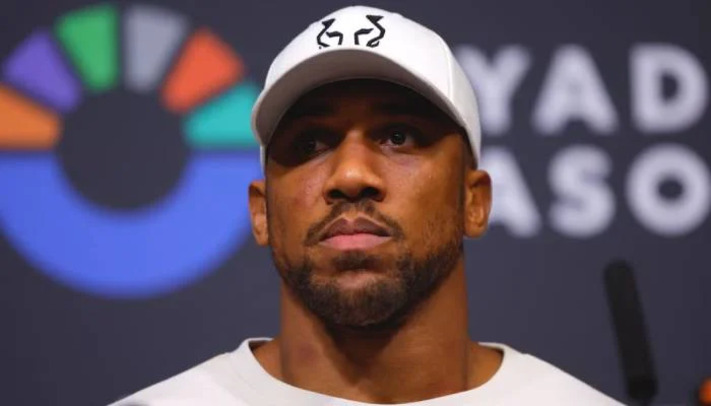This year marks the twentieth anniversary of Nigeria’s return to civil rule in 1999. Nigeria has thus had twenty years of uninterrupted electoral democracy, with this year’s general election being the country’s sixth since 1999. Yet, despite the sustained period of civil rule, Nigeria’s democracy remains undeveloped, hampered by crass politics and failed institutions. At the time of writing this, I had no idea how last Saturday’s rescheduled federal elections had gone, but regardless of how they went, this year’s general election, like previous ones, is tarnished by political and institutional failures.
Everything that could go wrong with elections –violence, intimidation, disenfranchisement, vote-buying, incompetence of the electoral body, etc – exists in Nigeria. If “peace accords” must be signed before every general election, if elections are always postponed for security and logistical reasons, then that democracy is troubled and immature. Yet, that’s the state of Nigeria’s democracy twenty years on.
To be sure, the 1999 general election, which returned Nigeria to civil rule, set a bad precedent.The outcome of the presidential poll was fixed by the military. In his book, Vindication of a General, the then chief of army staff, General Ishaya Bamaiyi, said that the then military head of state, General Abdulsalami Abubakar, had prepared a handover note for General Olusegun Obasanjo even before the election had taken place.General Abubakar, he said, had agreed with Generals Ibrahim Babangida, T Y Danjuma and Aliyu Gusau to hand over power to Obasanjo, a former military head of state.
Of course, a beneficiary of a fixed election can hardly conduct a free and fair one himself. The two general elections, in 2003 and 2007, conducted under President Obasanjo’s administration were massively rigged. In 2003, Obasanjo was running for a second term, the election was so flawed that former US president, Jimmy Carter, an observer, condemned it. Indeed, in the presidential poll, Obasanjo got 99.9% of the vote in his home state, Ogun; the courts later annulled the results. The 2007 election that Obasanjo conducted, after his failed third-term plot, was also massively rigged, so much so that international observers described it as “a charade” and even his handpicked beneficiary of the election, Umaru Yar’Adua, admitted it “had shortcomings”.
To President Jonathan’s credit, the two general elections conducted under his presidency, in 2011 and 2015, were broadly free and fair. However, they were seriously marred by violence and institutional failure. In 2011, the Independent National Electoral Commission, INEC, postponed the National Assembly elections for two days after voting had started, blaming “late arrival of result sheets in many parts of the country”.Then, in 2015, the general election was postponed for six weeks on the ground of security challenges in the North East, which only affected 14 out of Nigeria’s 774 local governments. That wouldn’t have justified nationwide cancellation ofelections in sophisticated democracies. But Nigeria is nowhere near attaining any level of democratic sophistication!
Yet, nothing tarnished the general elections under Jonathan’s presidency more than threats of violence and actual violence. In 2011, after Jonathan was declared winner of the presidential election, violent clashes spread across the North, leaving over 800 people dead. Provocative comments by General Muhammadu Buhari, a presidential candidate in that election, were blamed for the violence. But the spectre of violence was hugely escalated during the 2015 general election as rival politicians and their supporters threatened the disintegration of Nigeria if the election didn’t go their way. Those apocalyptic predictions forced the international community to literally put Nigeria on a suicide watch to stop it committing a hara-kiri. President Jonathan and General Buhari signed peace accords, but the stakes were so high, and nothing could be taken for granted.
Indeed, the hysterical behaviour of one politician, Godsday Orubebe, who disrupted the collation centre as the results were going against his party, showed how desperate and volatile the situation was. Of course, history will always credit Jonathan for averting the impending Armageddon by conceding defeat even before the results were announced. But Jonathan’s singular act must not mask the inherent weaknesses of Nigeria’s democracy, the deep political and institutional failures that continue to undermine and discredit it.
These structural decays have, of course, been on display in this year’s general election. First, the spectre of violence has not gone away. Most commentators had thought that because the two leading presidential candidates, Muhammadu Buhari and Atiku Abubakar, are both Northerners and Muslims, the threat of violence would be virtually non-existent. But, not so! Buhari and Atiku were shamed into signing two peace accords, the second witnessed by former presidents of Liberia, Tanzania and Botswana, as well as the secretary-general of the Commonwealth, Patricia Scotland. Former US president Bill Clinton, who was to attend, allegedly backed out following the reckless comment by Nasir el-Rufai, the Kaduna State governor, that foreigners who intervened in Nigeria’s elections would leave in “body bags”, in other words, they would be carried home dead! It’s beyond the pale.
But, apart from El-Rufai’s condemnable threat, President Buhari himself made intemperate comments. For instance, he was criticised for using the Hausa word “fitna”, which his opponents said amounted to inciting violence, but his supporters described as a “joke”. The dictionary defines “fitna” as “unrest or rebellion”, it’s therefore not clear how using it can be a joke. But if Buhari was joking with the word “fitna”, what about his orders to the police and the military to shoot ballot-box snatchers at sight. As the president said, “I have directed the police and the military to the ruthless”. So, here was, in a supposed democracy,governed by the rule of law, a president advocating jungle justice, summary execution,for electoral offences that should be dealt with by the courts.
Of course, Buhari and his party members are not the only politicians making inciteful comments. Atiku and members of his party have also been reckless with making unfounded allegations. For instance, Atiku recently alleged that the APC trained operatives in China to fast-track card readers in their strongholds of North-West and North-East, while slowing them in other geo-political zones in order to disenfranchise voters in those zones.This is a serious allegation of potential electoral manipulation and fraud. But where is the evidence?
It was this dreadful state of affairs – the violent expressions and political desperation – that recently prompted some elder statesmen, such as Dr Christopher Kolade and Chief Philip Asiodu, under the auspices of “Burdened Elders” to cry out that “The nation is bleeding profusely and approaching a frontier it had never seen before”.
But if political failure has tarnished this year’s elections, so has institutional failure. The last-minute cancellation of the February 16 Presidential and National Assembly elections was a national disgrace. There was no serious breach of peace, no natural disaster or any other emergency, the only grounds permitted for postponement under the electoral law. Yet, INEC decided, in the middle of the night, at 2.30am, to cancel the elections starting a few hours later at 8am, blaming “logistical challenges”.
When a country’s electoral body blames “logistical challenges” for postponing a long-scheduled general election, it’s evidence of appalling incompetence, and severely weak state capacity. But the postponement came with huge economic cost, with some analysts putting the potential losses, including loss of foreign investment, at about $9bn. And, of course, it did an enormous damage to Nigeria’s already battered international reputation.
So, Nigeria may have had twenty years of uninterrupted democratic rule, its democracy is still primitive, stunted by a broken politics and failed institutions; indeed, by state failure!
Olu Fasan




